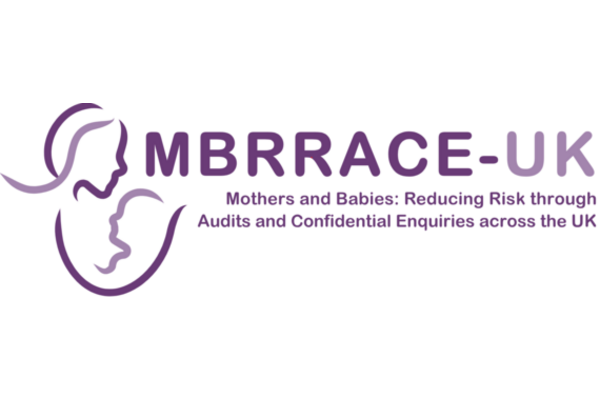We are deeply saddened by the latest MBRRACE-UK report on maternal deaths in pregnancy and the year after birth. Yet again, this report shows continuing and, in many cases, widening health inequalities along the lines of race and deprivation. It sounds alarm bells, not for the first time, on the level of risk experienced by women who have involvement from social care services before and soon after birth, and shocking failures in the care of migrant women.
It is unacceptable that, in one of the wealthiest countries in the world, the maternal death rate continues to rise, and the likelihood of dying is significantly higher if you are Black or Asian, or if you live in the most deprived areas.
Social care involvement
For the fifth year running, the number of women who died while known to social services has risen, now standing at 22% of the deaths reported (in the report for 2012-14 this figure was 12%). Maternal suicide is still the leading direct cause of death between six weeks and a year after birth, and past MBRRACE reports have highlighted the fact that a large proportion of the women who died by suicide or because of substance use were at risk of having their baby removed from their care.
Birth Companions has been campaigning for improvements in the care of women who are at risk of, or experiencing separation from their baby, for many years. Yet their needs are still largely absent from health and social care policy, and they are still struggling to access mental health services. Women are navigating one of the most traumatic experiences imaginable, alone.
Migrant women
This year’s MBRRACE report also shines a spotlight on the experiences of recent migrants who received maternity care but did not die, finding huge gaps in the provision of safe and appropriate interpretation services. The fact that so many women who come to this country seeking safety, fleeing violence, abuse and persecution, are encountering poor and unsafe care, is simply devastating. In 61% of cases examined, women who required interpretation had to have this done by a family member, because alternatives were not available, or they were not made use of. This is not only highly inappropriate; it is unsafe. It is unsafe in terms of supporting women who may be experiencing domestic abuse, and it is unsafe in terms of ensuring vital health information is shared accurately.
The report also finds evidence of bias, ‘microaggressions’ and racism in care linked to women’s ethnicity, language, and migrant status.
Improvements could have made a difference
Reviewers in the study found improvements in care may have made a difference to the outcome in 45% of women’s cases. Opportunities to improve the care and experiences of migrant women were even higher, at 66% of cases. Both statistics should spur urgent action.
What should happen now
This report should not be used to scare pregnant women and their families. It should not be used to berate healthcare professionals already reeling from a series of scandals and inquiries. It should, however, be used as further evidence of how far we have to go in providing safe, supportive and equitable healthcare for pregnant and postnatal women in this country. It should be used to tell us how fast we have to move, and how focused we have to be on addressing the structural drivers at play. This is about the systems, as much as it is about the individuals within them.
In light of yet another shocking MBRRACE report, Birth Companions is calling on the Government and the NHS to:
- Invest in safe, trauma-informed and equitable maternity care
- Undertake an urgent national review of interpretation provision in healthcare
- Create a joint national health and social care pathway for women at risk of having a baby removed, or who are separated from their baby, soon after birth
We are involved in driving forward improvements in care already, through our own services and through work to shape others. We are also working with a range of partners to deepen the evidence base around the needs of migrant women, and women who have involvement from children’s social care, and change policy and guidance on the basis of that evidence. But we need the Government and the NHS to play their part too. Without urgent and coordinated action on these and other inequities, more women will die avoidable deaths.
To discuss this news story, or request interviews on this topic, please get in touch with Kirsty Kitchen.




